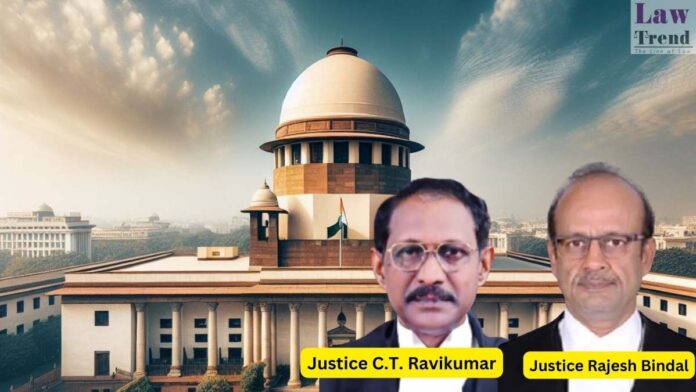In a recent landmark judgment, the Supreme Court of India reduced the sentence of two convicts, Amit Rana @ Koka and another, who were previously sentenced to 14 years of rigorous imprisonment for attempting to murder Mangtu Ram. The case, titled Amit Rana @ Koka & Anr. vs. State of Haryana (Criminal Appeal No. of
To Read More Please Subscribe to VIP Membership for Unlimited Access to All the Articles, Download Available Copies of Judgments/Order, Acess to Central/State Bare Acts, Advertisement Free Content, Access to More than 4000 Legal Drafts( Readymade Editable Formats of Suits, Petitions, Writs, Legal Notices, Divorce Petitions, 138 Notices, Bail Applications etc.) in Hindi and English.




